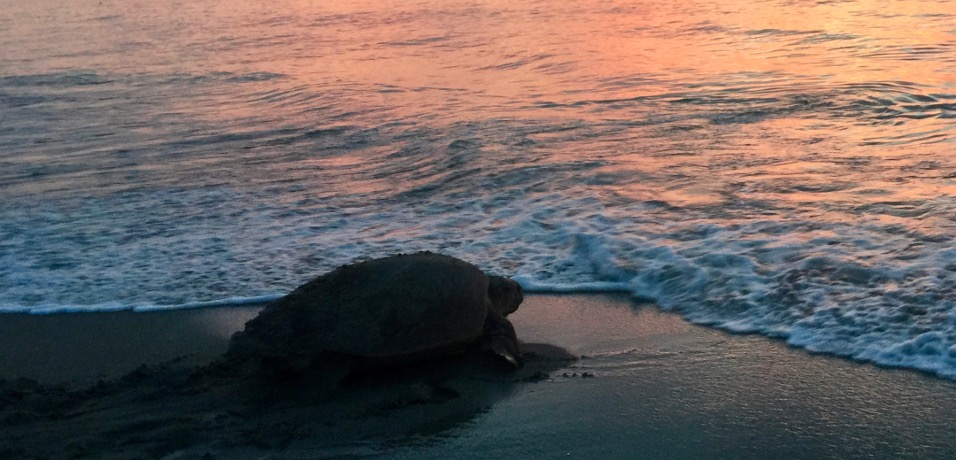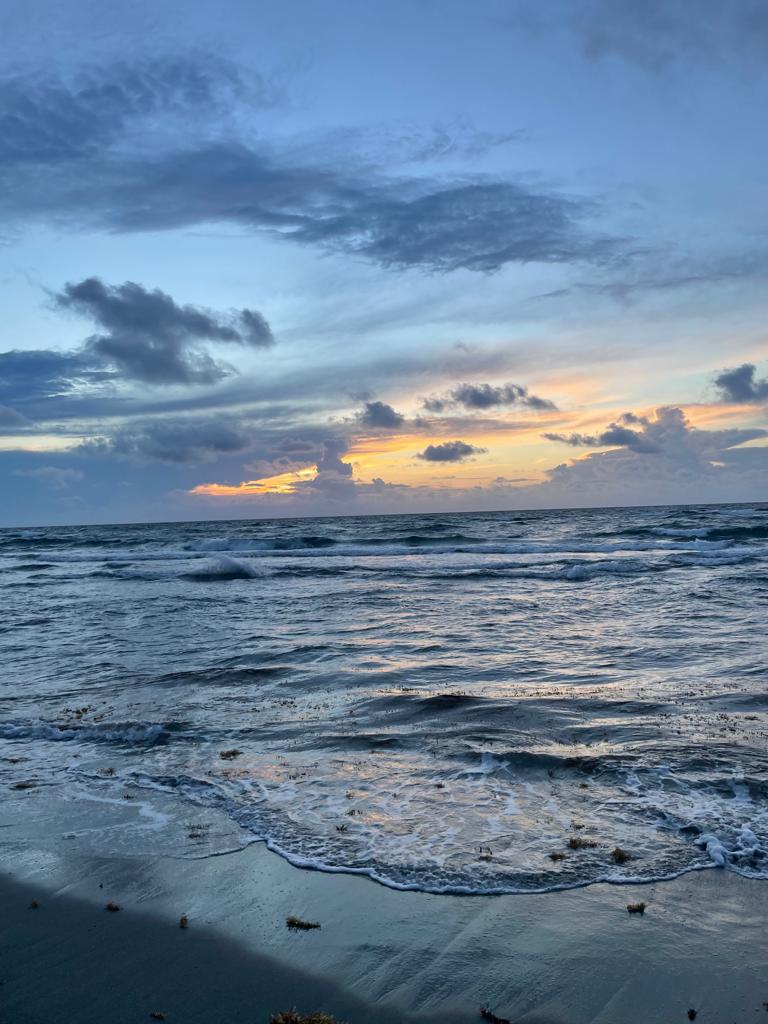
Author: Gael-Lynn Laguerre
Date: June 14, 2023
On June 8th, World Oceans Day was celebrated! It is a holiday that reminds us to respect the oceans and how they play essential roles in Earth’s ability to remain habitable. The United Nations created World Oceans Day in 1992 at the Earth Summit in Rio de Janeiro, Brazil. This concept was introduced to celebrate our shared oceans and raise awareness of why they play such a vital part in our lives and our ecosystems.
There is a reason Earth has its nickname, the “blue planet.” With waters covering 70% of the world’s surface, oceans fuel the global systems we all need to thrive and keep Earth a haven for all species of life. According to the United Nations environmental program, they serve as the initial foundation for the world’s economy, supporting fields such as tourism, fishing, transportation, and international trading. The oceans also regulate our climate, drinking water and provide most of the oxygen we breathe.
Despite their substantial importance to life, oceans remain threatened because of human actions. Over time, the incessant deterioration of coastlines and ocean acidification has had a detrimental effect on biodiversity and the functionality of ecosystems. An estimated 8 million tons of plastic waste winds up in ocean waters per year. Designated holidays like World Oceans Day are also significant in calling attention to iconic marine areas like coral reefs, which have been terribly compromised, as protected spaces that are regulated and effectively managed. Organizations like the United Nations, governments, and the FAU Marine Lab all work together to promote the protection and sustainability of our marine and coastal environments.
There are many ways we can help the ocean continue to do its job.; It all starts with you and your community! Here are five simple things according to the National Ocean Service that you can do to help our ocean: